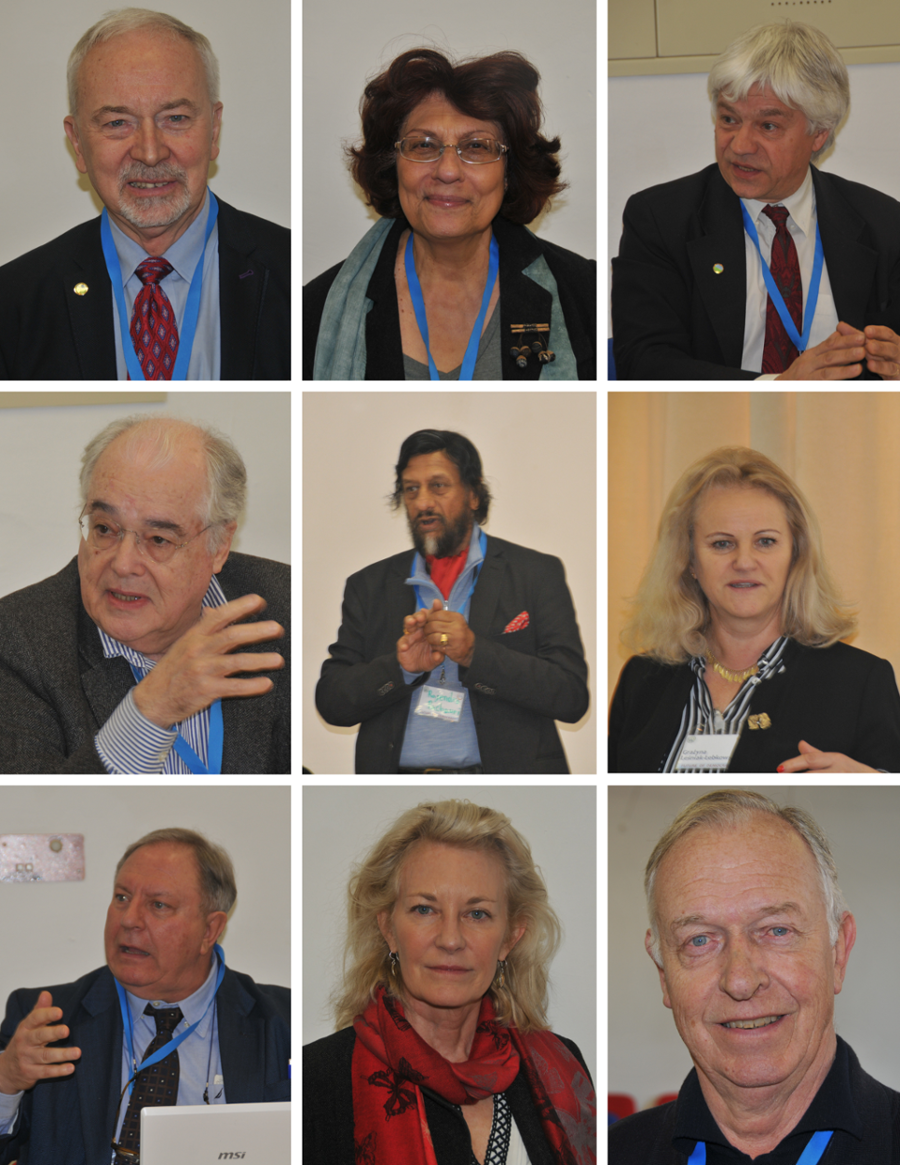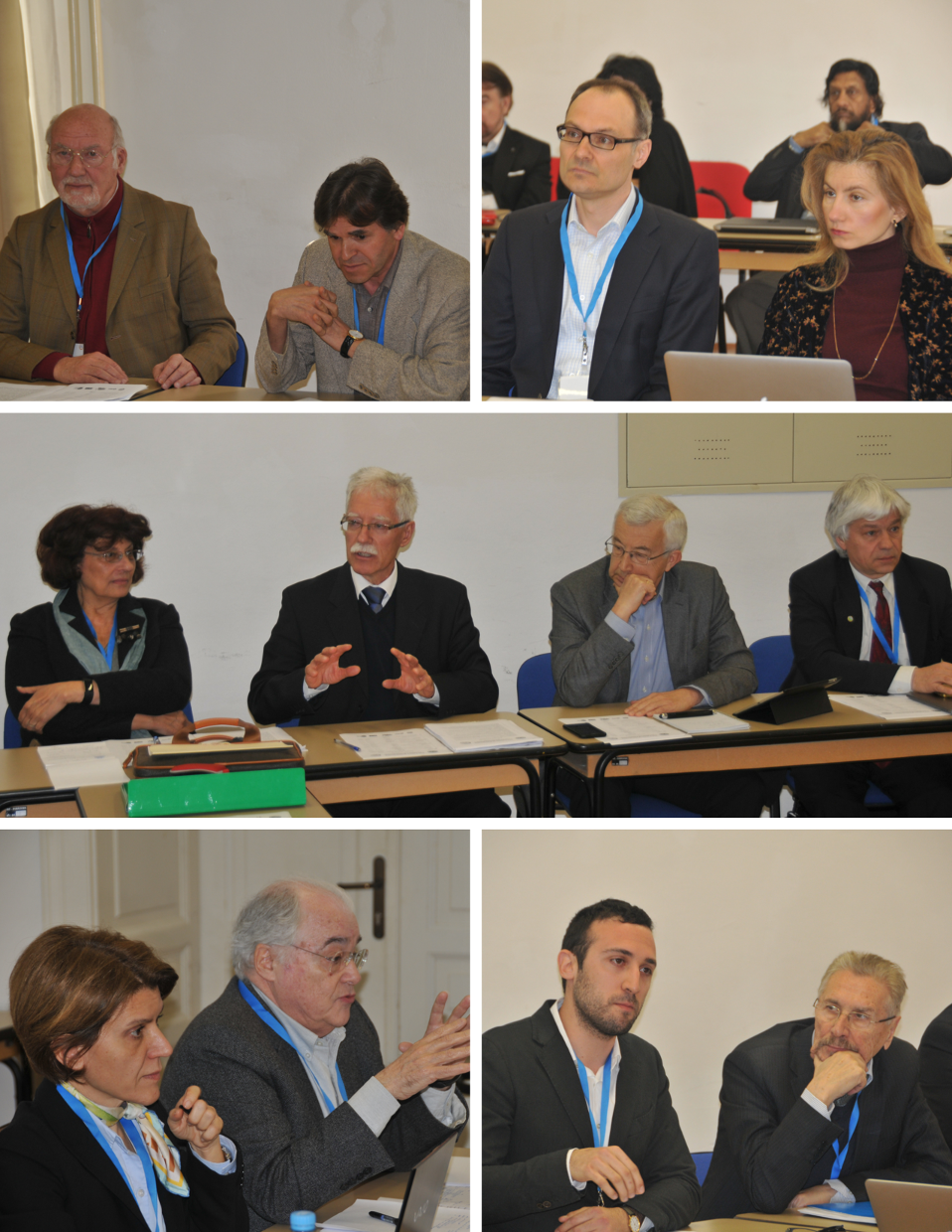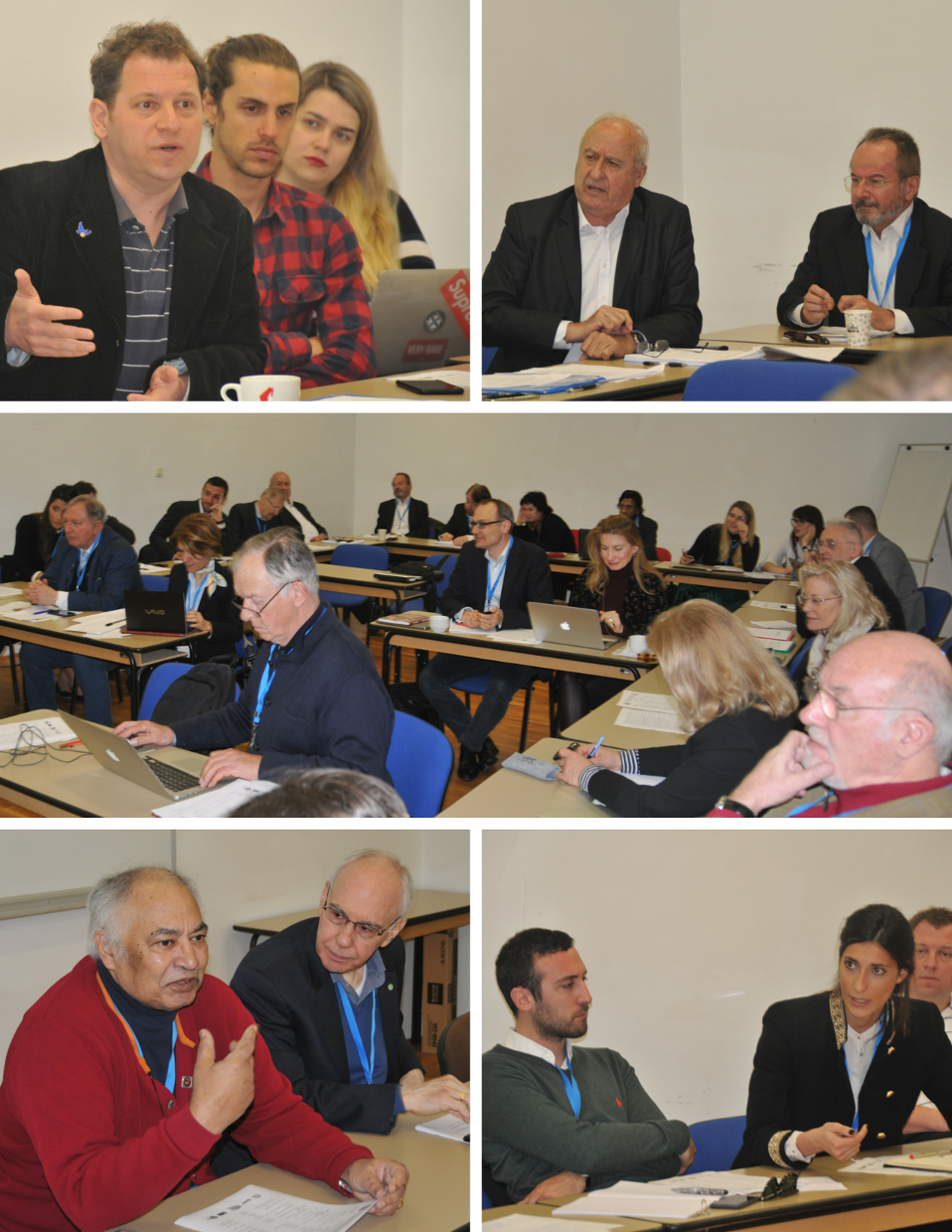Round table on the Future of Democracy: Challenges & Opportunities
Introduction
Achievements of Democracy
Challenges Confronting Democracy Today
Foundations of Democracy
Known Failings of Democracy
Evolution of Democracy, Human Rights & Rule of Law
Democracy and Social Power
Illiberal Democracy
Globalization, Nationalism & Democracy
Technology, Media and Social Media
Envisioning a Better System
Conclusions & Recommendations
Round table on the Future of Democracy: Challenges & Opportunities
Inter-University Centre, Dubrovnik – April 3-5, 2018
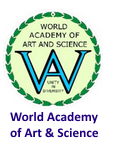 |
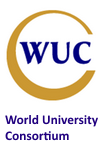 |
 |
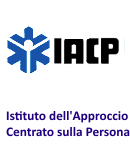 |
 |
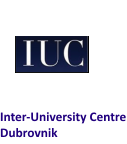 |
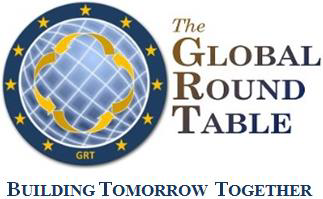 |
Round table on the Future of Democracy: Challenges & Opportunities
Inter-University Centre, Dubrovnik – April 3-5, 2018
Democracy is under siege. Traditional bastions of liberal democracy are faltering. Young democracies are reverting to their authoritarian pasts. Populism, corporatization of the media, fake news, retreat from globalism, oligarchy, corruption and other perils are undermining fairness, effectiveness and truthfulness. Just when it appeared that the world was converging on a universal set of values and standards for governance at the national and international level, fundamental questions are being raised regarding the viability and sustainability of democratic institutions. Recent events raise fundamental questions regarding the institutions of governance and also about the underlying social, psychological, cultural and evolutionary processes that determine how these institutions function.
Is democracy in its current form really the most viable and effective system of governance? Are human beings sufficiently rational and selfless to govern themselves justly and effectively? Is the future of democracy at the national level compatible with the persistence of non-democratic institutions at the international level? By what process has the distribution of social power shifted from army, monarchy, aristocracy to democracy and how is that process likely to evolve further in future? To what extent are the institutional problems confronting democracy today reflections of underlying social, psychological and cultural factors and processes? What proven and potential safeguards and remedies are available to address the failures and insufficiencies of contemporary democracies? Is democracy the best possible system or merely a stage in the evolution of governance toward something more stable, an effective and equitable system? These are a few of the questions to be explored during this three-day meeting.
Following the end of the Cold War and the collapse of communist regimes in Eastern Europe and elsewhere, it appeared that democracy had finally established itself as the unquestioned victor in the governance contest, both in terms of acceptability and efficacy. Recent developments are challenging both these claims. The phenomenal developmental achievements of state capitalism coupled with authoritarian rule in China, the unashamed retreat from democracy in Turkey, the backlash against social democratic principles in Eastern Europe, the resurgence of populism, the rising power of corruption and legally-sanctioned oligarchy and plutocracy in the republics of the former Soviet Union, state capture in South Africa, the tension between national and regional interests and priorities in the European Union, and the dramatic deteriotion of democratic practices in USA are posing heightened challenges to the acceptance, effectiveness and resilience of democracy.
This three day roundtable will explore the evolutionary origins of democratic forms of government; their strengths and weaknesses in promoting stable inclusive societies, human welfare and well-being; the continued struggle over the distribution of power, rights and benefits in modern societies; the challenges posed by globalization, immigration, technological advances, money power, social media and resurgent nationalism; available policies and proven mechanisms to enhance their effectiveness and reinforce underlying democratic principles; and evolutionary alternatives that might gradually supplant the forms of democracy prevalent today.
The meeting will consist of facilitated discussions centering on 10 major groups of issues plus an introductory session and a final discussion to frame conclusions and next steps. The format will be highly interactive: short presentations combined with open discussion. Each session will be introduced by a moderator making brief opening remarks and posing fundamental questions to be explored during the session. The remainder of each session is reserved for moderated discussion among all participants. The program is open to participants from all disciplines and occupations. The conclusions of this session will be drawn upon to identify key issues for systematic examination in future programs of WAAS and WUC.
Round table on the Future of Democracy: Challenges & Opportunities
Inter-University Centre, Dubrovnik – April 3-5, 2018
| April 3, 2018 | ||||
| No. | TOPIC | MODERATORS/PANELISTS | TIMING | |
| 1 | Introduction | G. Jacobs | 9:00 AM – 9:30 AM | |
| 2 | Achievements of Democracy | J. Caraça E. Çepni |
9:30 AM – 11:00 AM | |
| 3 | Challenges Confronting Democracy Today | K. Shengelia F. El Guindi |
11:30 AM – 1:00 PM | |
| 4 | Foundations of Democracy | E. Constantinescu A. N. Yurdusev |
2:00 PM – 3:30 PM | |
| 5 | Known Failings of Democracy | R. Fiorini N. Nešković |
4:00 PM – 5:30 PM | |
| April 4, 2018 | ||||
| 6 | Evolution of Democracy, Human Rights & Rule of Law | G. Jacobs W. Nagan |
9:00 AM – 10:30 AM | |
| 7 | Democracy and Social Power | E. Hoedl A. Zucconi |
11:00 AM – 12:30 PM | |
| 8 | Il-liberal Democracy | T. Reuter G. Leśniak-Łebkowska |
1:30 PM – 3:00 PM | |
| 9 | Small Discussion Groups | 3:15 PM – 4:15 PM | ||
| 10 | Reports from the Discussion Groups | 4:15 PM – 5:00 PM | ||
| April 5, 2018 | ||||
| 11 | Globalization, Nationalism & Democracy | A. Likhotal D. Simeunovic J. Bindé |
9:00 AM – 10:30 AM | |
| 12 | Technology, Media and Social Media | M. Djurovic Z. Lagumdžija |
11:00 AM – 12:00 PM | |
| 13 | Known Remedies for Problems of Democracy | T. A. Aziz Z. Bochniarz |
12:00 PM – 1:00 PM | |
| 14 | Envisioning a Better System | J. Bunzl M. Mulvey |
2:00 PM – 3:00 PM | |
| 15 | Small Discussion Groups | 3:00 PM – 4:00 PM | ||
| 16 | Conclusions & Recommendations | G. Jacobs W. Nagan A. Zucconi |
4:30 PM – 5:00 PM | |
Round table on the Future of Democracy: Challenges & Opportunities
Inter-University Centre, Dubrovnik – April 3-5, 2018
List of Participants
- Goran Bandov – Vice Dean, Dag Hammarskjöld University College of International Relations and Diplomacy, Zagreb
- Jérôme Bindé – French writer, Futurist; Director of Foresight, Philosophy and Humanities, UNESCO; Fellow, WAAS
- Zbigniew Bochniarz – Professor, University of Washington and Harvard Business School; Member, WAAS Board of Trustees
- John Bunzl – Businessman, Writer, Founder, Simultaneous Policy (Simpol) campaign
- João Caraça – Senior Advisor, Calouste Gulbenkian Foundation; Fellow, WAAS
- Elif Çepni – Head, Nisantasi International, Nisantasi University, Turkey; Partner, Foresight Consult; Associate Fellow, WAAS
- Emil Constantinescu – President, The Institute for Advanced Studies in Levant Civilization and Civilization; Member, WAAS Board of Trustees
- Momir Djurovic – Former President, Montenegrin Academy of Sciences & Arts; Member, WAAS Board of Trustees
- Fadwa El Guindi – Senior Scientist, El Nil Research; Retiree Professor of Anthropology, University of California; Fellow, WAAS
- Rodolfo Fiorini – Academic Scientist, Politecnico di Milano, Italy; Fellow, WAAS
- Ivo Grga – Secretary General, Global Round Table, Croatia
- Erich Hoedl – Vice-President, European Academy of Sciences; Fellow, WAAS
- Senthil Inbarajan – Software Professional, USA
- Garry Jacobs – CEO, WAAS and WUC; Vice President, The Mother’s Service Society
- Adam Koniuszewski – Fellow of the Quebec Order of Chartered Professional Accountants; Fellow at the Geneva Center for Security Policy; Associate Fellow, WAAS
- Zlatko Lagumdžija – Former Prime Minister and Minister of Foreign Affairs of Bosnia and Hercegovina; Professor of Competitiveness and Information Technology, University of Sarajevo; Fellow, WAAS
- Ivana Lazarovski – Student, MA in International Security Studies, University of Belgrade; Junior Fellow, WAAS
- Grażyna Leśniak-Łebkowska – Professor, Warsaw School of Economics, Poland; Associate Fellow, WAAS
- Alexander Likhotal – Professor, Geneva School Of Diplomacy; Former President of Green Cross International; Member, WAAS Board of Trustees
- Andrii Miroshnychenko – Teaching Assistant, University of Bergen, Norway; Junior Fellow, WAAS
- Michael Mulvey – Outreach Coordinator, The Independent Constitutionalists UK movement and political process (ICUK)
- Winston P. Nagan – Chairman, WAAS Board of Trustees; Professor of Law, University of Florida, USA
- Nebojša Nešković – Secretary-General, WAAS; Former Head of TESLA Project, Vinca Institute of Nuclear Sciences, Belgrade, Serbia
- Natalia Pogozheva – CEO of Green Education Ukraine Foundation; Member of Board, Regional development Association; Former Head of the Board, DUCATT
- Thomas Reuter – Professor, Asia Institute, The University of Melbourne; Fellow, WAAS
- Rita Reuter – Independent Designer, Germany
- Naren Senthil – Student, PSBB Millennium School, India
- Kakha Shengelia – President, International Association of University Presidents (IAUP); President at Caucasus University, Georgia
- Dragan Simeunović – Professor, Faculty of Political Sciences, University of Belgrade, Serbia
- Marco Vitiello – Student, Roma Tre University, Italy
- Kathlena Walther – Special Advisor to Chairman, Econet Foundation; Fellow, WAAS
- Ahmet Nuri Yurdusev – Faculty of Economics and Administrative Sciences, Middle East Technical University, Turkey; Fellow, WAAS
- Alberto Zucconi – President of the Person Centered Approach Institute (IACP), Italy; Secretary General of the World University Consortium
